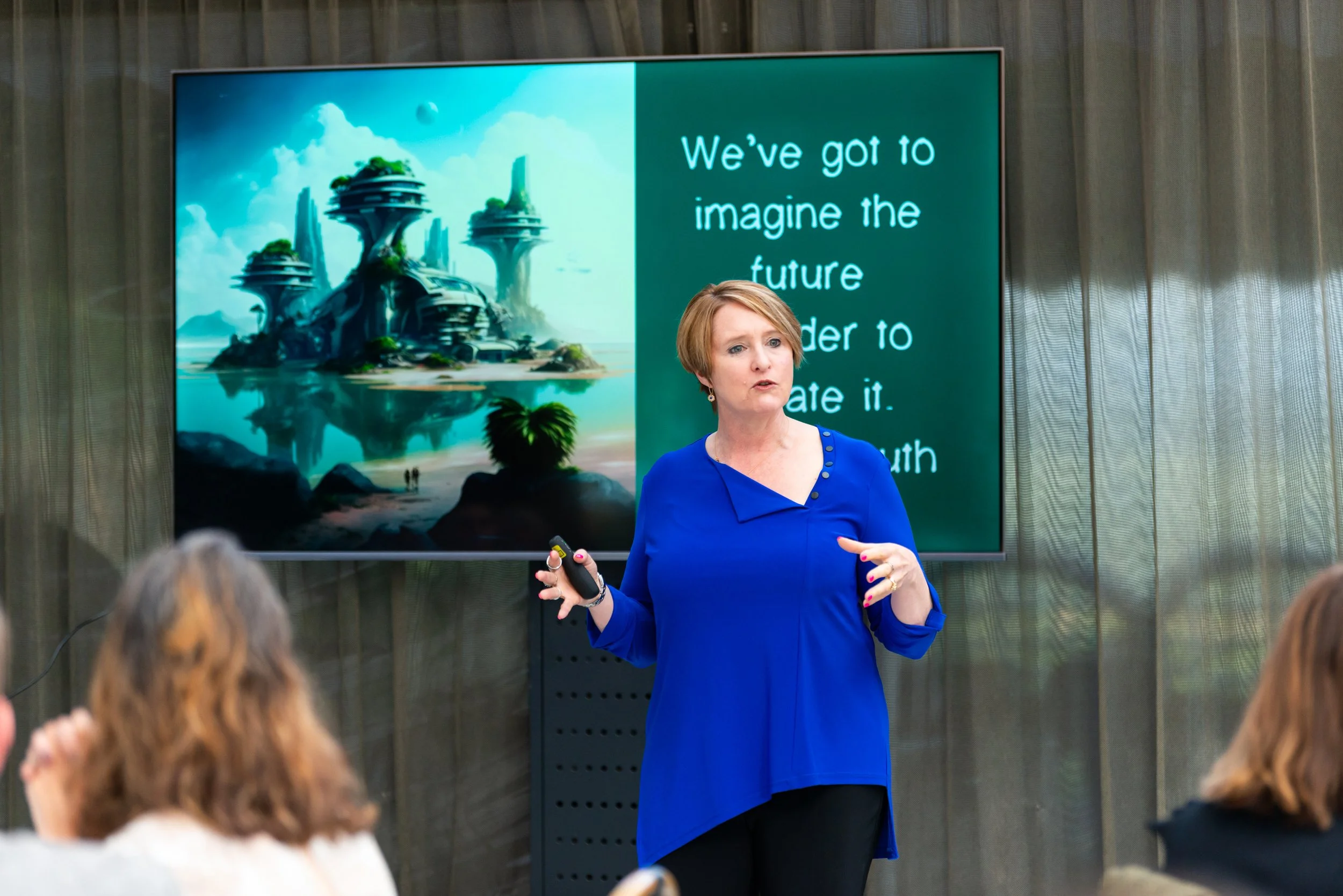We sit around the table, arms crossed. We are in yet another committee meeting. It’s hot, it’s late, and we are expected to collaborate. Fred keeps repeating the initiative is doomed to fail because we don’t have the people power to sustain it. Angela is worried about its impact on traffic congestion in the town. Abby has pushed back from the table and disengaged since her suggestion was shot down by the chair.
Tension is writhing like a cut snake. This is classic people stuff.
Big picture people stuff
Collaboration is the latest and greatest in business. We know it is essential for finding solutions to complex problems. We know the benefits too: shared resources, collective wisdom, cut-through innovation. Everyone gets it.
Why then is collaboration so hard?
We are wired to survive. We have a primitive operating system called our limbic system. It’s our emotional response programming designed to keep us safe from perceived threat. It’s useful when genuinely threatened, like when someone comes at us with a knife. It’s not so helpful in committee meetings when the knives are less visible. Our primitive wiring system can’t tell the difference, and so drives unhelpful behaviours when it comes to collaboration. We swim in emotional turbulence.
Expanded leadership perspectives enable collaboration
Here are some of the causes of non-collaborative behaviour:
1. We protect against loss. Change is perceived as a destabiliser. We push against initiatives because we are naturally programmed to be fearful of the unknown. Cue resistance.
2. Different is dangerous. You’re a threat until proven you aren’t. We are suspicious of strangers, of those not like us, because they are unfamiliar. Cue uncooperativeness.
3. I am important. We are all at the centre of our own universe. We like to feel valued and respected. We like to have our expertise acknowledged. Cue grandstanding.
The effects of these triggers are emotional turbulence and behaviour bastardry.
In other words, another difficult meeting.
Brass Tacks
How do we override this primitive wiring?
Structure: we set meeting protocols that make it safe for people to talk and share ideas. We ensure everyone has a voice and everybody’s opinion is tabled.
Strengths: everyone at the table is acknowledged for their skills and abilities. We can document this in a skills matrix so we know where the expertise is. This puts the ego at bay (just a little!).
Story: to overcome difference we need to acknowledge what is in common. A good way to do this is to start new meeting groups with a short get-to-know you activity. This highlights the common humanity and disarms defensiveness. Get people in pairs and get them to come up with five things they have in common. Three things is too easy. Five things digs for the quirkiness in each of us. The delight of discovering this in others triggers our trust bonds.
Fred, Angela, Abby and the rest of the committee could rise above the triggers by knowing what they are, and knowing how to manage the emotional and behavioural side effects.
Collaboration is easy to say and hard to do. By developing our people stuff skills - knowing what drives behaviour and how to overcome it - makes collaboration just a little bit easier.
How can you optimise your meetings to be more people friendly?
***
Related Articles:
How to overcome silos and turf wars
Why won’t they listen? How to break through ignorance
How to deal with a dysfunctional leadership team
***
About the author, Canberra leadership expert Zoë Routh:
Zoë Routh is one of Australia’s leading experts on people stuff - the stuff that gets in our way of producing results, and the stuff that lights us up. She works with the growers, makers, builders to make people stuff fun and practical.
Zoë is the author of four books: Composure - How centered leaders make the biggest impact, Moments - Leadership when it matters most, Loyalty - Stop unwanted staff turnover, boost engagement, and build lifelong advocates, and People Stuff - Beyond Personalities: An advanced handbook for leadership. People Stuff was awarded Book of the Year 2020 by the Smart WFM Australian Business Book Awards.
Zoë is also the producer of The Zoë Routh Leadership Podcast.

